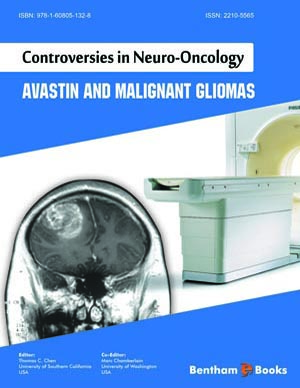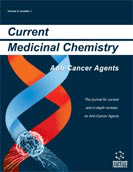Abstract
Bevacizumab (Avastin®) is an antibody to the vascular endothelial derived growth factor (VEGF) that has been approved for the treatment of several human cancers, including in May 2009 in the US, recurrent glioblastoma. Approval for recurrent glioblastoma was based on an increased response rate defined by neuroradiology and on favourable outcome measures regarding surrogate parameters of quality of life and overall survival, compared with historical controls. The approval of bevacizumab despite the lack of an appropriate controlled registration trial has provoked a heated discussion on the minimal requirements for approval of an agent in an orphan-like indication with urgent medical need, such as recurrent glioblastoma. A registration trial for bevacizumab in newly diagnosed glioblastoma is planned.






















